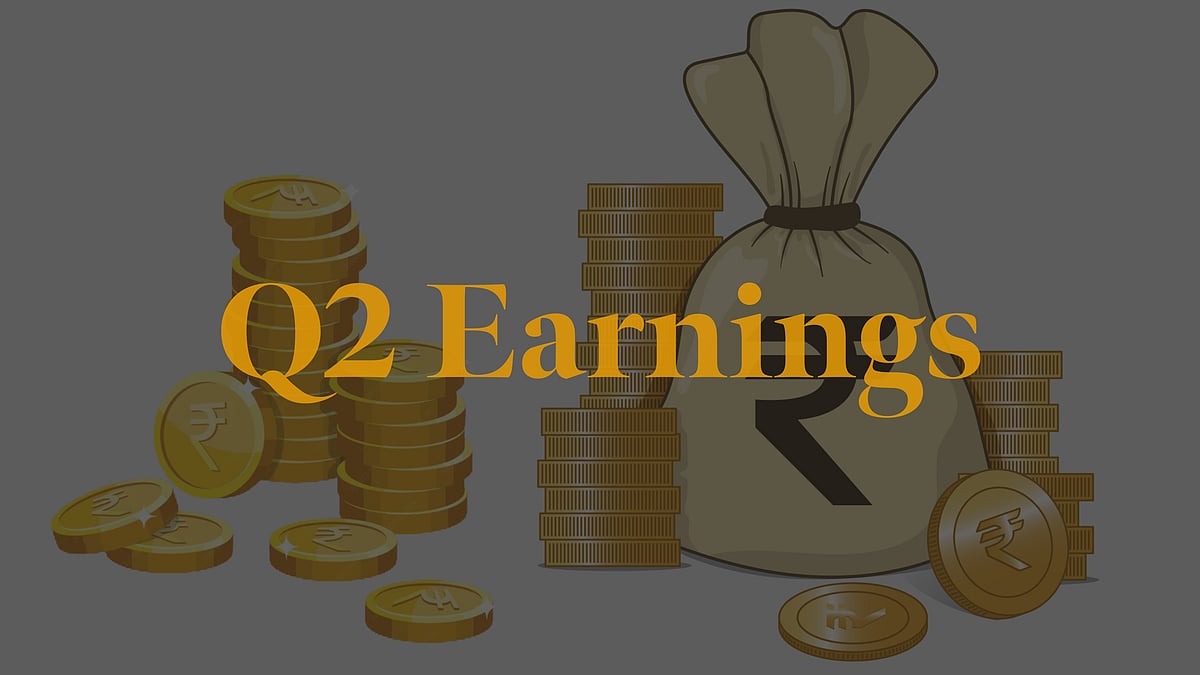With Prime Minister Narendra Modi securing his third term and the new government at the Centre taking shape, the Indian stock market is poised for significant movements over the next 100 days.
The allocation of key portfolios suggests a continuation of the government's policy framework, fostering an environment of stability and growth.
Analysis and Projections
The new Cabinet, which includes seasoned leaders like Amit Shah, Rajnath Singh, and Nirmala Sitharaman, indicates a stable policy environment. This continuity is expected to bolster investor confidence, leading to positive market sentiment.
Hemant Sood, Managing Director of Findoc Investment Private Limited, Ludhiana, emphasizes the following sectors for investment:
Defense: "In the last three to four years, defense exports have grown by 334%. The government's continued push for 'Make in India' and the significant budget allocation to defense makes this sector highly promising," Mr. Sood stated.
He explained that the defense sector's growth is driven by both domestic demand and increased exports, supported by favorable government policies and initiatives aimed at self-reliance in defense manufacturing.
Financial Services: Mr. Sood highlights the potential in banking and NBFCs, driven by the consumption theory. "With the stable government and a focus on financial inclusion, the financial services sector, especially banking and NBFCs, is set to perform well," he added.
The sector's performance is closely tied to India's overall economic health, with increased consumer spending and financial inclusion initiatives boosting growth.
Infrastructure and Capital Goods: As Nitin Gadkari retained the Road and Highways Ministry, infrastructure development remains a priority. "Infrastructure, particularly road and highways construction, will continue to see significant investments, making it a key sector to watch," said Mr. Sood.
The government's ambitious infrastructure projects are expected to create numerous opportunities for companies involved in construction, engineering, and related industries.
Clean Energy: “For every $10 hike in crude prices, the fiscal deficits go up by 0.5%.” Mr. Sood stated. India aims to reduce its current account deficit and focus on sustainable growth; clean energy is emerging as a sunrise sector. "Hence, renewable energy companies are expected to perform exceptionally well, given the government's focus on reducing fiscal deficits through clean energy initiatives," Mr. Sood explained.
The push towards renewable energy is driven by the need to reduce dependency on oil imports and mitigate environmental impacts, aligning with global sustainability trends.
Defense Sector Growth
The significant growth in the defense sector can be attributed to the government's 'Make in India' initiative, which encourages domestic manufacturing and reduces reliance on imports.
This policy not only strengthens national security but also creates job opportunities and stimulates economic growth. Increased defense exports further boost the sector's revenue, making it a lucrative investment option.
Financial Services and Consumption Theory
The consumption theory posits that increased consumer spending drives economic growth. In India, rising disposable incomes and financial inclusion initiatives have led to higher consumption, benefiting the financial services sector.
Banks and NBFCs are crucial in facilitating consumer loans and credit, thereby supporting consumption-led growth. Sood's recommendation reflects confidence in continued economic expansion under stable governance.
Infrastructure Development
Infrastructure projects, such as highways, bridges, and urban development, are essential for economic growth. These projects improve connectivity, reduce transportation costs, and attract investments.
The government's focus on infrastructure is expected to create a multiplier effect, boosting related sectors like construction, cement, and steel. This strategic investment in infrastructure is vital for long-term economic stability and growth.
Clean Energy as a Sunrise Sector
The clean energy sector is poised for growth as India strives to reduce its carbon footprint and dependency on fossil fuels. Investments in renewable energy sources, such as solar and wind, are driven by both environmental concerns and economic benefits.
Clean energy projects reduce the current account deficit by lowering oil import bills and creating sustainable job opportunities. This sector's growth aligns with global trends towards sustainability and green energy.
While the FMCG sector has shown resilience, Mr. Sood advises caution. "The FMCG sector will remain stable and provide decent returns. However, it may not deliver multi-year high returns as other emerging sectors might. The stability is already priced in," he noted. Mr. Sood believes that while rural recovery and increased savings could benefit consumer goods companies, the sector may not be as dynamic as others.
The formation of the Modi 3.0 government brings a wave of optimism to the Indian stock market. Investors are advised by the Ludhiana expert to focus on sectors with strong policy support and growth potential, such as defense, financial services, infrastructure, and clean energy.
These sectors are expected to drive market performance in the coming months, say the next 100 days, presenting lucrative opportunities for strategic investments.
About Findoc Investmart Private Limited
Findoc Investmart Private Limited is a leading financial services company based in Ludhiana, offering comprehensive investment solutions and market analysis to help investors make informed decisions.








